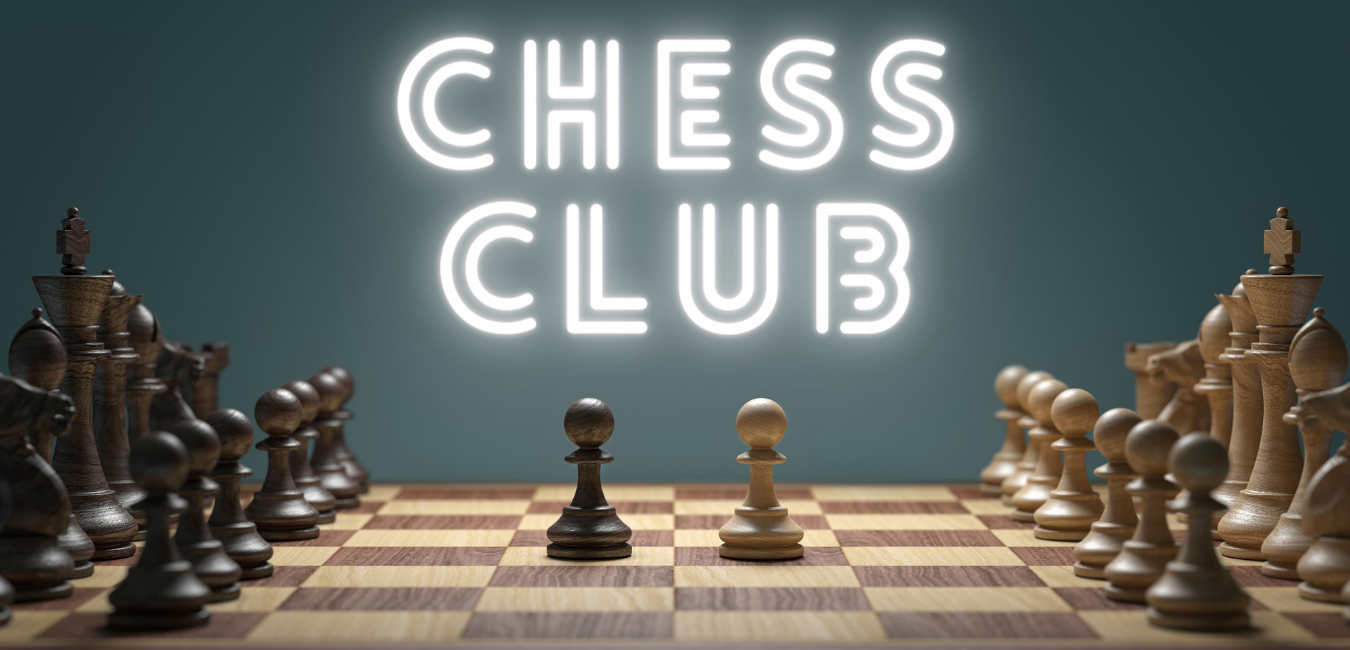COMING SOON…
For many reasons, which include “all work and no play makes Jack a dull boy,” the Deputy Head Prefect of the school, Master Ishmael Assafuah-Dankwa has proposed the existence of a new club, “the chess and indoor games club.” Some of the reasons are that chess as well as other indoor games are very helpful to the students in the sense that, through these games, they can build their cognitive skills to help in solving problems, decision-making, critical thinking, planning, and many other areas. For these reasons, anyone who joins a chess club is entitled to a lot of benefits and opportunities, which include easy access to SAT qualification. This is the major reason why the Deputy Head Prefect wants to establish such a club.
This was inspired by a student by the name of Oheneba, an affiliate of Canterbury House, when he was in his first year.
 What is chess?
What is chess?
Chess is one of the oldest and most popular board games. It is played by two opponents on a checkered board with specially designed pieces of contrasting colours, commonly white and black. It is sometimes called “international chess” or “Western chess” to distinguish it from related games such as xiangqi (Chinese chess) and shogi (Japanese chess). The current form of the game emerged in Spain and the rest of southern Europe during the second half of the 15th century after evolving from chaturanga, a similar but much older game of Indian origin. Today, chess is one of the world’s most popular games, played by millions of people worldwide.
The objective of the game is to capture the opponent’s king.
Chess is an abstract strategy game and involves no hidden information. It is played on a chessboard with 64 squares arranged in an eight-by-eight grid. At the start, each player controls sixteen pieces: one king, one queen, two rooks, two bishops, two knights, and eight pawns. The player controlling the white pieces moves first, followed by the player controlling the black pieces. The object of the game is to checkmate the opponent’s king, whereby the king is under immediate attack (in “check“) and there is no way for it to escape. There are also several ways a game can end in a draw.
Chess training and practice support the development of higher-order thinking skills, like problem solving, decision-making, critical thinking, planning, and even creative thinking. Chess training and practice also help improve general cognitive ability and scholastic achievement—especially in mathematics.
Indoor Games and Sports
Benefits of Indoor Games and Sports.
- improves happiness and reduces stress.
- a chance to spend time together or socialize.
- Memory formation and cognitive skills
- It lowers the risk of diseases like Alzheimer’s and dementia.
- lowers blood pressure.
- It boosts the immune system.


